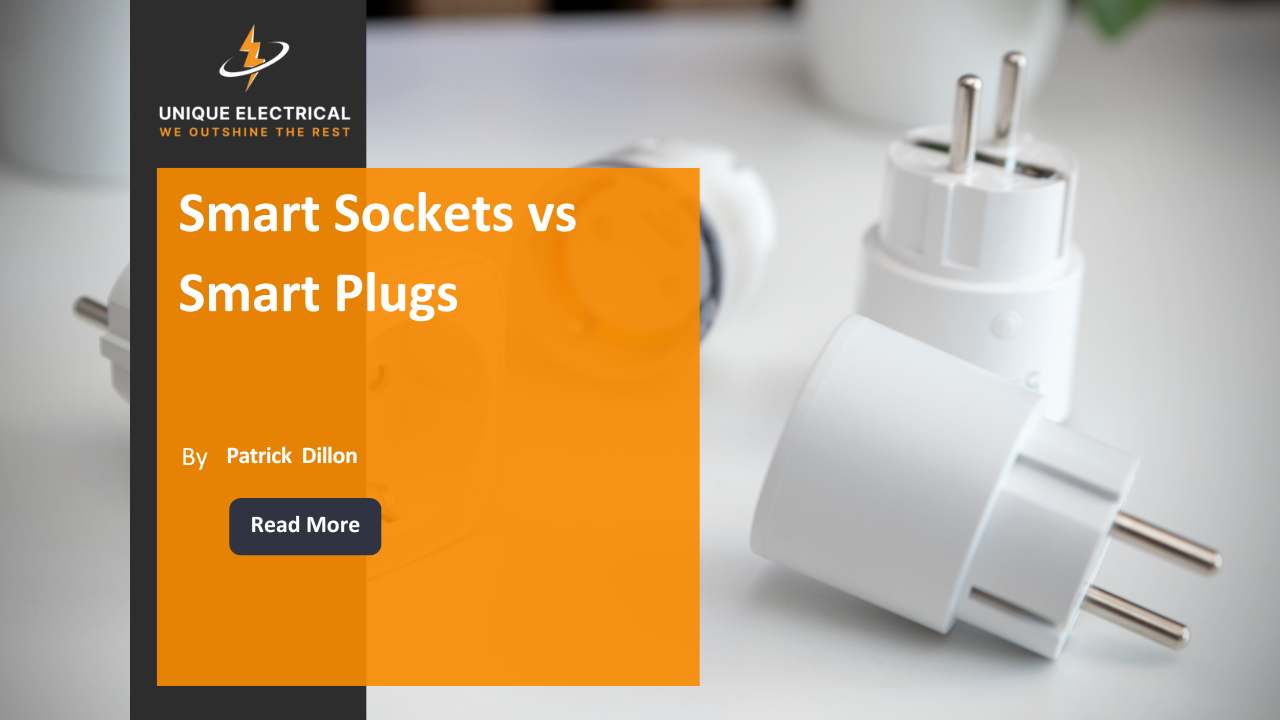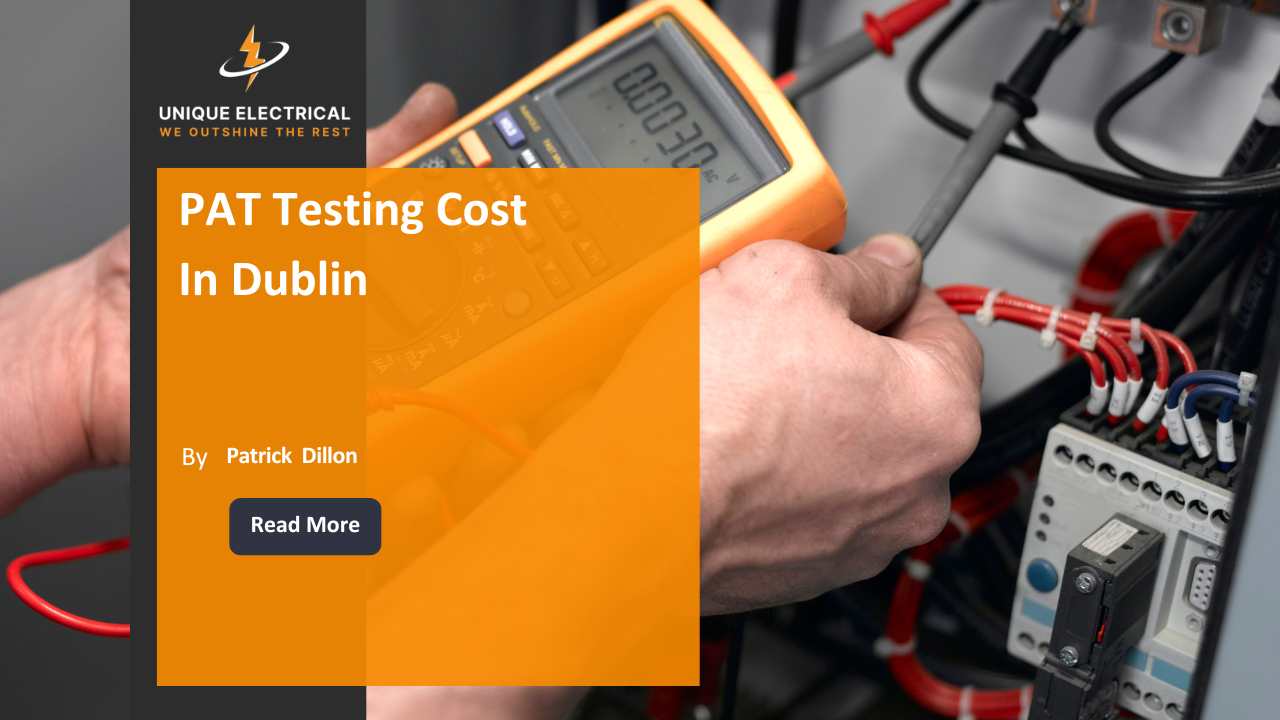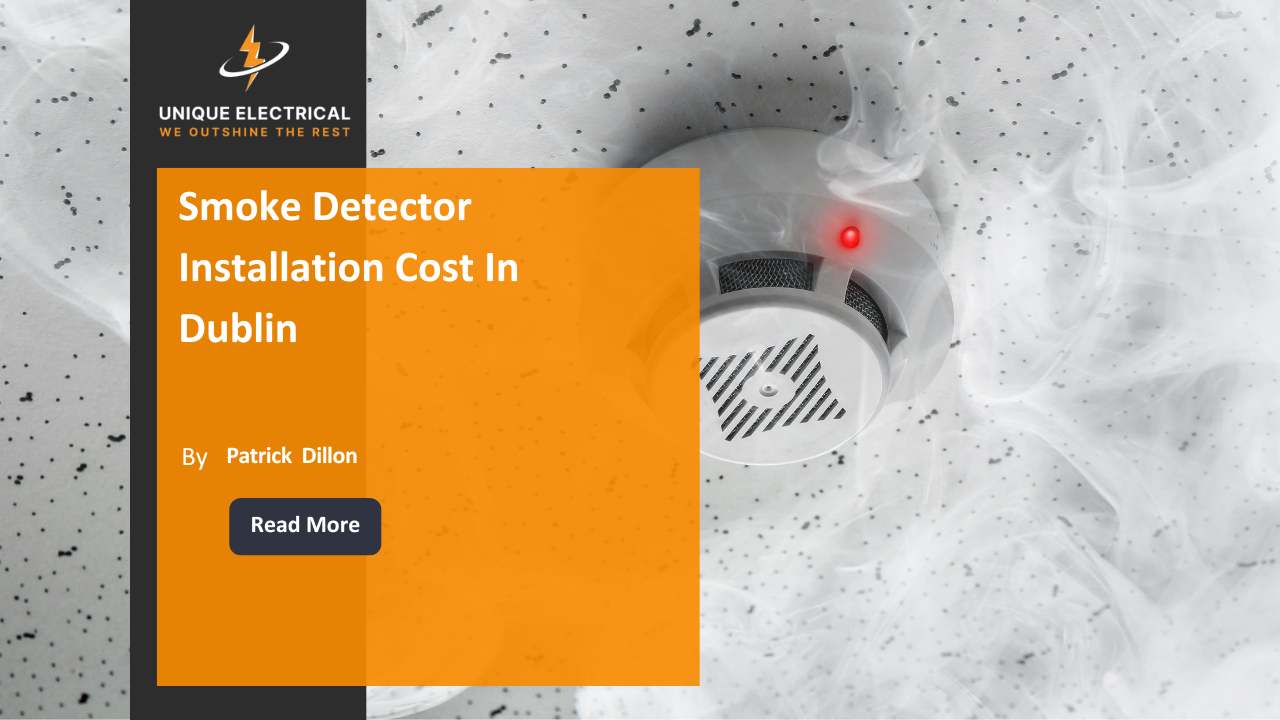Which is right for your home — smart sockets or smart plugs? If you're stepping into the world of smart home tech, this question is likely on your mind. Both options allow you to control appliances remotely, save energy, and boost convenience.
But while they may seem similar at first glance, there are key differences in how they work, how they look, and how they’re installed.
In this guide, we’ll break down the comparison of smart sockets vs smart plugs to help you make an informed choice. Whether you’re after a quick setup or a sleek finish, understanding the benefits of each will point you in the right direction.
Let’s start!
What Are Smart Sockets?
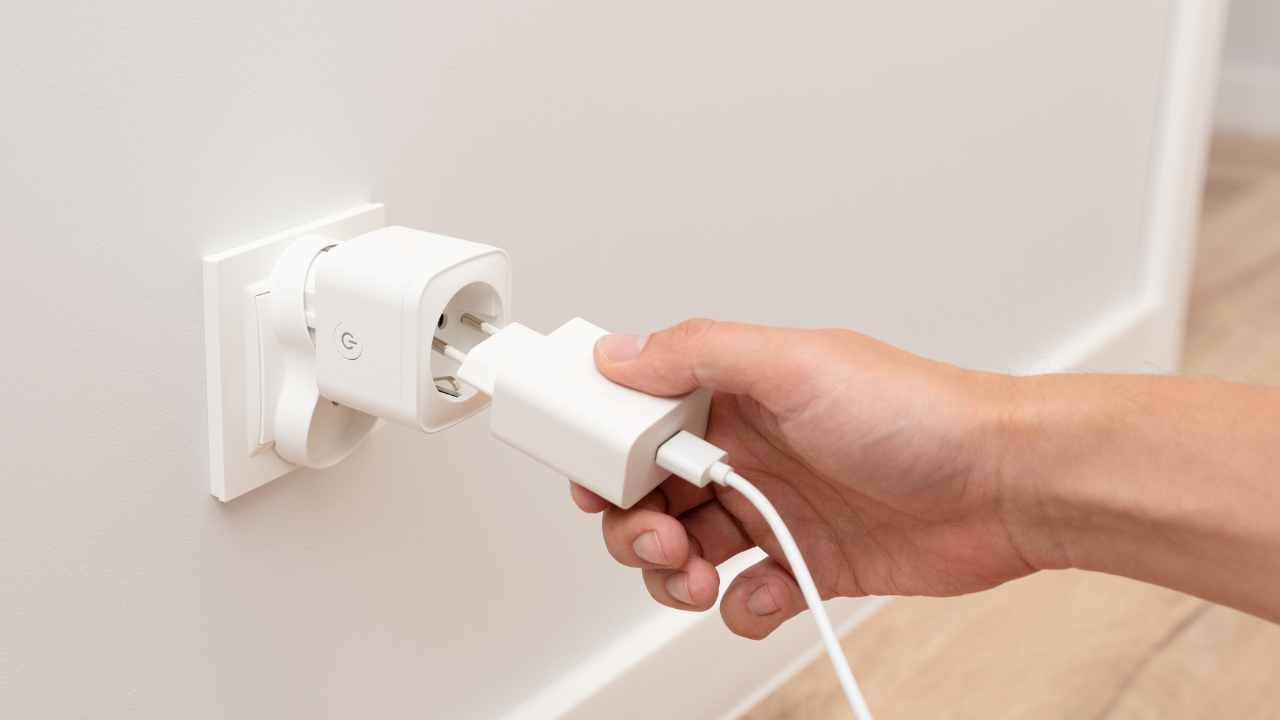
Smart Sockets are wall-mounted electrical sockets that allow you to control and monitor connected devices through your smartphone or home automation system. Unlike plug-in smart plugs, these sockets are built directly into the wall for a neater look and better functionality.
They offer features like energy monitoring, remote control, and increased safety.
1. Cleaner and Seamless Integration
Smart Sockets replace traditional wall sockets completely, giving your space a tidier, more modern appearance. Because they are installed directly into the wall, there’s no bulky plug sticking out.
This makes them ideal for people who want a streamlined and polished finish in their homes or offices.
2. Better Energy Monitoring
Many smart sockets come with built-in energy monitoring, helping you track how much power your devices use. You can view this information on your phone via an app, which is useful for reducing electricity usage.
This feature is especially beneficial for people who want to be more energy efficient.
3. Improved Safety for Families
Smart Sockets can be a safer choice, especially for households with young children. They cut off power at the source, making it harder for children to access live sockets. Compared to plug-in options, Smart Sockets are more tightly regulated and often go through stricter safety checks.
4. Smart Notifications and Alerts
Certain brands offer smart sockets that can alert your phone if a device gets unplugged or starts drawing too much power. This can help you keep an eye on important appliances like freezers or washing machines. Such features are not commonly found in plug-in alternatives.
When comparing smart sockets vs smart plugs, it’s clear that built-in sockets offer a more permanent and safer solution, especially in terms of looks, safety standards, and smart features. While smart plugs are easy to install, they don’t offer the same level of integration or protection.
What Are Smart Plugs?
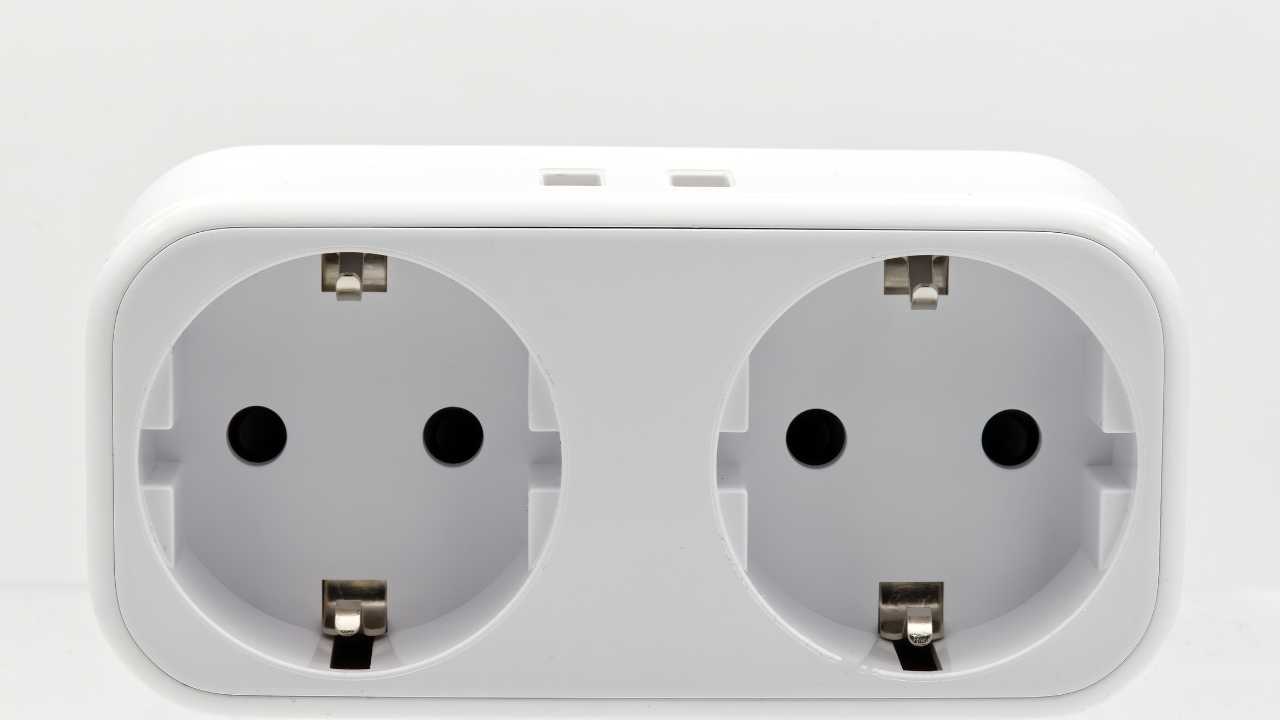
Smart Plugs are plug-in devices that sit between your wall socket and electrical appliance, giving you the ability to control your devices remotely. They’re a great way to make your home “smart” without having to do any rewiring.
Easy to move and install, they’re ideal for people just starting out with smart home tech.
1. Flexible and Easy to Move
One of the biggest advantages of smart plugs is that you can easily unplug and reposition them as needed. This gives you the freedom to test different appliances in various locations around your home.
It’s particularly useful if you’re unsure where to place your devices permanently. You can experiment without committing to a fixed setup.
2. Quick to Set Up
Smart plugs are designed for convenience; just plug them in, connect them through an app, and you're ready to go. There’s no need for complicated installations or extra tools. Most models only need a solid Wi-Fi connection to work. This makes them ideal for renters or temporary setups.
3. No Need for a Hub
Many smart plugs don’t require a central hub to function. As long as your Wi-Fi is strong, you can connect them directly through your phone or tablet. This reduces the cost and makes setup simpler. However, signal strength can be a challenge in larger homes without boosters.
4. Bulkier Design
One downside is their physical size; smart plugs can be quite bulky and stick out from the wall. This can make it tricky to fit them behind furniture like TV units or cabinets. If a discreet appearance matters, this could be a dealbreaker. In the debate of smart sockets vs smart plugs, size and design play a key role.
Conclusion
Both smart sockets and smart plugs offer great ways to automate and control your home’s electrical devices. Smart plugs are ideal for flexibility and quick setups, while smart sockets offer a cleaner, more permanent solution. Your choice depends on your space, needs, and whether you prefer portability or integrated design. When comparing smart sockets vs smart plugs, it’s clear each has its own strengths.
If you're unsure which is right for your home or need help with installation, contact Unique Electrical today. Our experienced team can recommend the best option and ensure everything is fitted safely and professionally.

